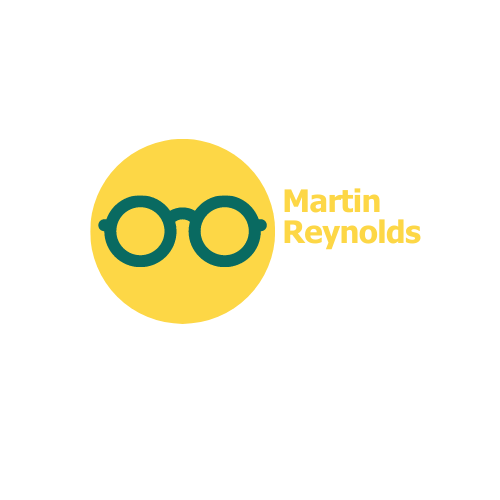Optician vs. Optometrist vs. Ophthalmologist: Understanding Eye Care Professionals
Taking care of our eyes is crucial to maintaining good vision and overall eye health. However, navigating the world of eye care can be confusing, with various professionals specializing in different aspects of eye health. Opticians, optometrists, and ophthalmologists are among the most common eye care professionals, each playing a unique role in providing the necessary care and services. Understanding the differences between these professionals can help individuals make informed decisions about their eye care needs. In this article, we will explore the roles of opticians, optometrists, and ophthalmologists, providing insight into their training, expertise, and services.
I. Opticians
Opticians are primarily concerned with the fitting and dispensing of eyeglasses and contact lenses. They work closely with optometrists and ophthalmologists to ensure that the corrective lenses prescribed are accurately made and fitted for the patient. Opticians use precise measurements obtained during eye exams to assist patients in selecting the most appropriate eyewear for their needs and lifestyle. Some key points regarding opticians include:
– Trained in vision correction techniques and the fabricating of eyeglasses and contact lenses.
– Not authorized to perform eye exams or diagnose eye conditions.
– Responsible for taking measurements, suggesting appropriate lens materials, frames, and coatings, and ensuring proper fit of eyewear.
– May assist with maintenance and repairs of eyewear.
– Play a crucial role in translating prescriptions into actual eyewear for patients.
II. Optometrists
Optometrists are primary eye care providers who evaluate, diagnose, and treat various eye conditions and vision problems. They are extensively trained in conducting comprehensive eye examinations and prescribing corrective lenses when necessary. Optometrists are also licensed to detect and manage common eye diseases and disorders. Key points regarding optometrists include:
– Required to complete a Doctor of Optometry (OD) degree after completing a bachelor’s degree.
– Authorized to perform comprehensive eye exams to determine visual acuity and detect eye diseases.
– Prescription of corrective lenses, such as eyeglasses or contact lenses, is a key part of their practice.
– Can diagnose and manage common eye conditions like dry eyes, glaucoma, and conjunctivitis.
– May refer patients to ophthalmologists for further specialized care if needed.
III. Ophthalmologists
Ophthalmologists are medical doctors specializing in eye care. They have received extensive medical training, including completing medical school and a residency program in ophthalmology. Ophthalmologists provide comprehensive eye care, from prescribing medications and eyeglasses to performing surgical procedures. Some key points regarding ophthalmologists include:
– Medical doctors who specialize in eye care.
– Have the ability to diagnose and treat a wide range of eye diseases and conditions, including performing eye surgeries.
– Extensively trained in identifying, diagnosing, and managing complex ocular conditions such as cataracts, glaucoma, retinal diseases, and corneal conditions.
– Provide vision care services, including prescribing eyeglasses or contact lenses.
– Work closely with optometrists and opticians to ensure patients receive appropriate and coordinated care.
In summary, opticians, optometrists, and ophthalmologists all play crucial roles in providing comprehensive eye care to patients. While opticians focus on dispensing and fitting eyeglasses and contact lenses based on prescriptions, optometrists are licensed to perform eye exams, diagnose eye conditions, and prescribe corrective lenses. On the other hand, ophthalmologists are medical doctors specializing in eye care, who can perform surgeries and provide advanced treatment for various eye diseases. Together, these professionals work in synergy to help maintain and improve the eye health and vision of patients. Regular visits to these eye care professionals are essential to ensure early detection and timely treatment of eye conditions, leading to optimal eye health and vision throughout life.
